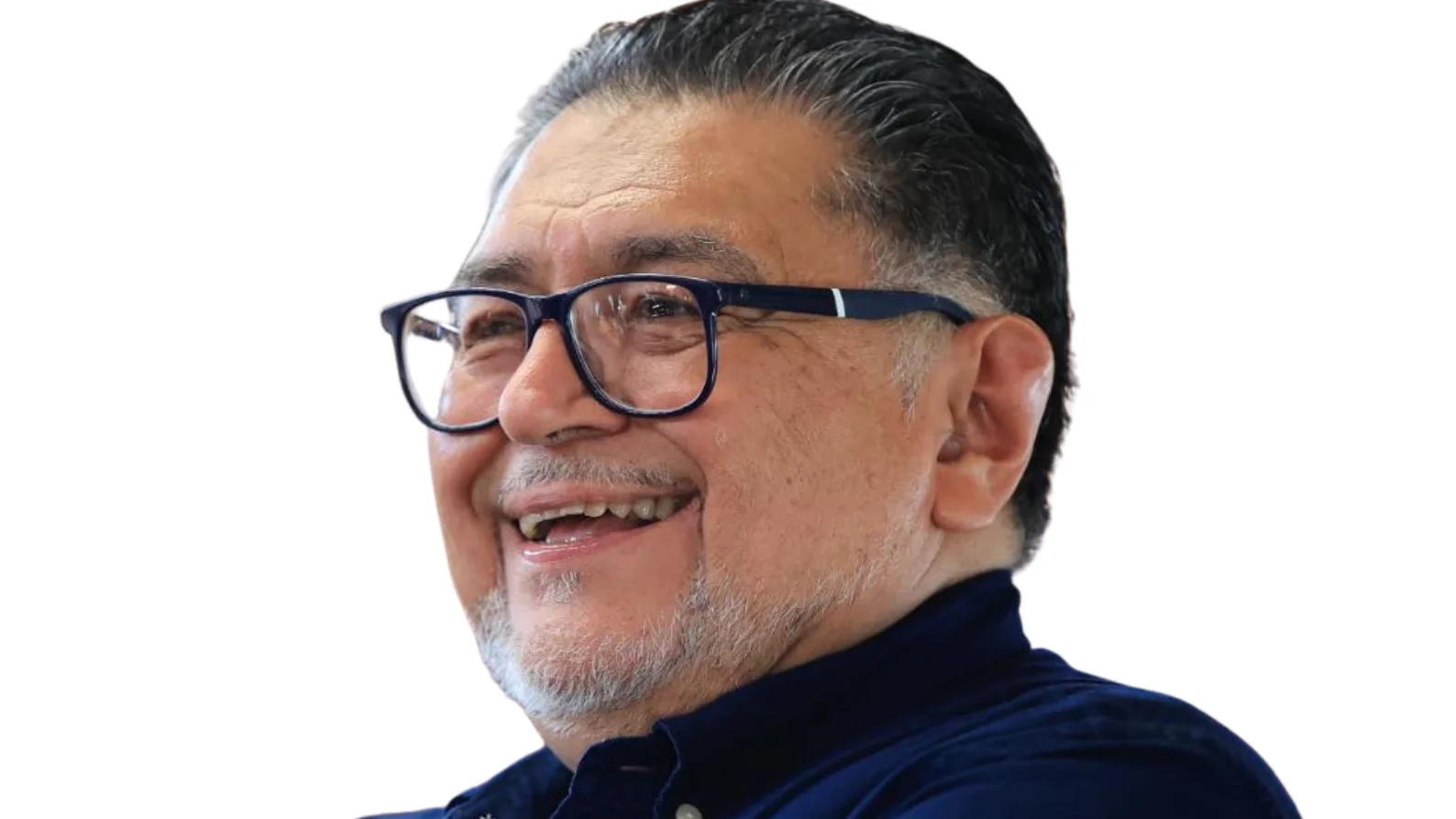María Fernanda Rivera Dávila, Minister of Agriculture, Livestock and Food, reviewed the progress of the second phase of the “Strengthening for the Sustainable Development of the Bamboo Industry in Guatemala” project during a visit to the Bamboo Transformation and Research Center (CTIB) located at kilometer 22 on the Pacific Highway. The initiative aims to promote innovation, sustainability, and development within the bamboo value chain.
Rivera Dávila was joined by Vivía Chang, Ambassador of the Republic of China (Taiwan), and Vilma Fernández, Administrative Financial Vice Minister from the Ministry of Social Development.
The second phase is funded by Taiwan’s Technical Mission with an investment of $3.5 million over three years. This funding strengthens CTIB’s capacity to enhance production through industrial technology, carbon credit studies, and partnerships between public, academic, and private sectors.
From 2026 to 2029, the project will focus on commercialization, waste utilization, and carbon credits. Bamboo captures four times more CO2 than a tree—15 to 25 tons per hectare per year—and is used in sustainable agriculture (such as greenhouses and dryers), green economy applications (furniture and biomass), social development (rural entrepreneurship and educational infrastructure), as well as environmental purposes like soil conservation and disaster prevention.
During her visit, Rivera Dávila observed advances in research, training, and bamboo processing. She emphasized its high potential for construction, furniture making, crafts, and agricultural infrastructure. Rivera Dávila stated: "This center is an example of rural innovation and environmental sustainability."
CTIB is a joint initiative led by MAGA in cooperation with Taiwan. The facility has specialized machines for bamboo processing that support creating sheds, greenhouses, mesh houses, and various industrial or craft products. This effort helps strengthen the productive chain while generating economic and social opportunities.
The center also encourages bamboo planting as a sustainable alternative for riverbank protection and reducing soil erosion—a step reinforcing institutional commitment to environmental conservation.
According to officials involved in the project: "This international cooperation project reaffirms the bonds of friendship and development between both countries and drives transformation of the agricultural sector towards a greener, more sustainable, inclusive economy."

 Alerts Sign-up
Alerts Sign-up